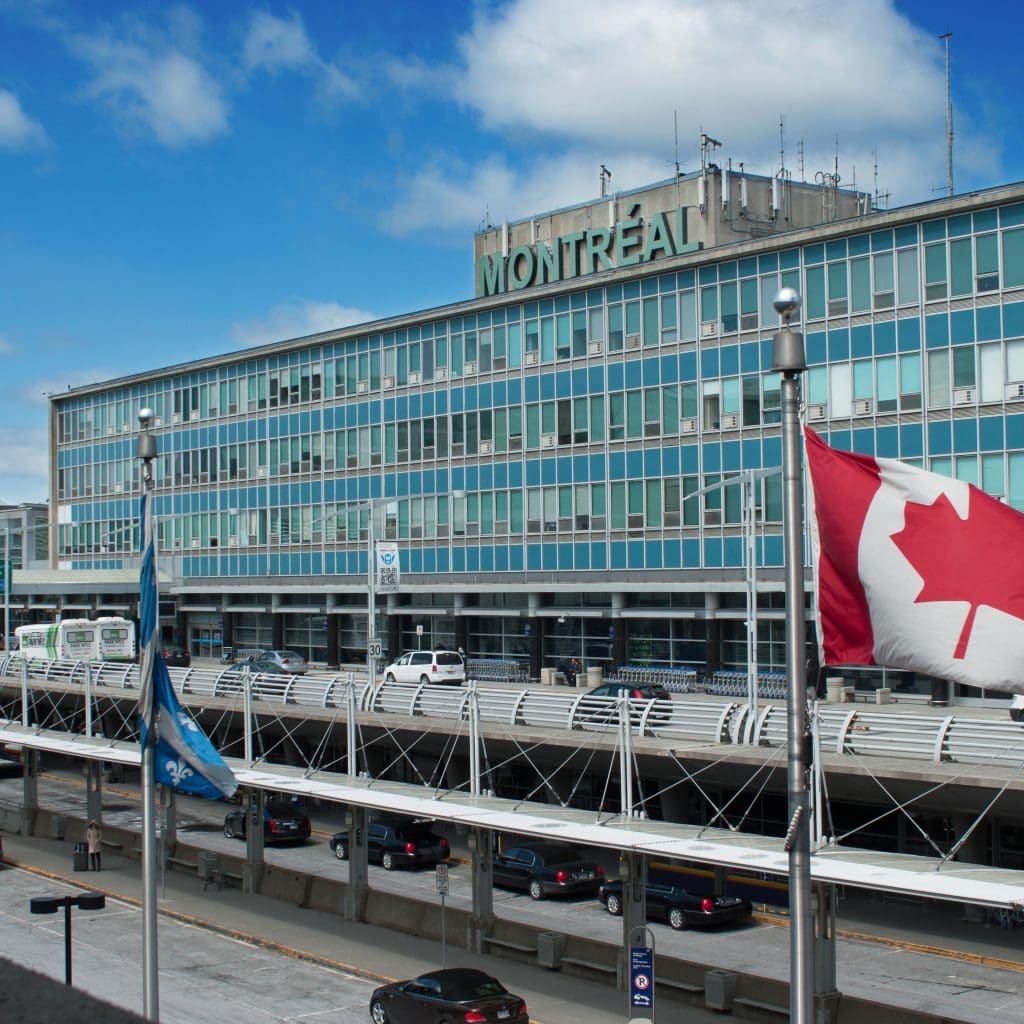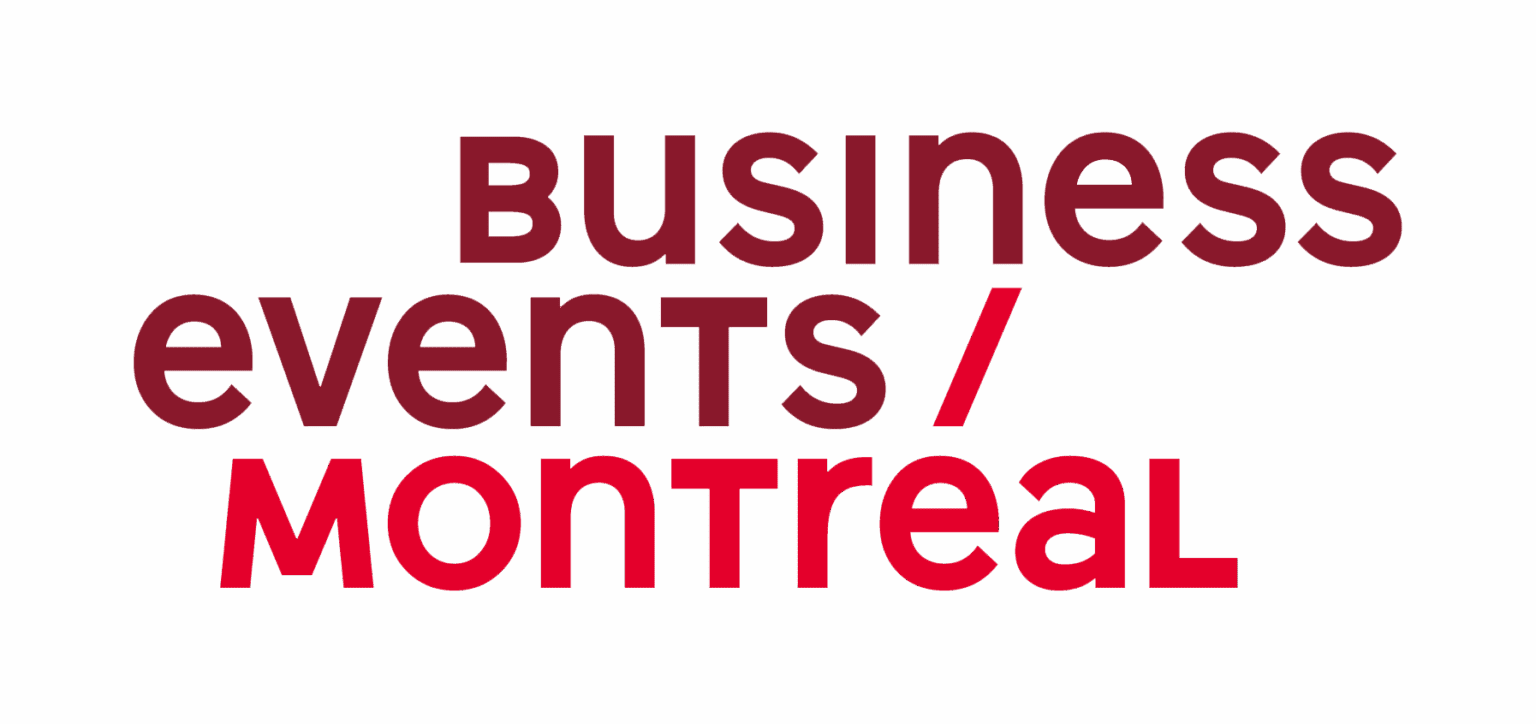ICOPA 2026 in Montreal
Montréal, Canada’s largest city in the province of Quebec, stands as a dynamic, cosmopolitan hub with rich historical roots and a forward-looking spirit.
Situated on the Island of Montréal, the city boasts an annual calendar filled with an eclectic fusion of business events and cultural gatherings. In 2006, Montréal was designated as a UNESCO City of Design, recognizing its avant-garde approach to urban planning and design.
The city is also a leader in various industries including aeronautics, information technology, biotechnology, pharmaceuticals, and multimedia arts. Its innovative ethos extends to the healthcare sector, making it an ideal location for an event like ICOPA 2026, where cutting-edge research and global collaboration are at the center.
Arriving in Montréal
Montréal is well-connected and accessible via several modes of transportation.
Visitors arriving by air will find Montréal-Trudeau International Airport (YUL) offering flights from around the globe, providing direct access to the city’s downtown.
Alternatively, for those opting for rail travel, VIA Rail connects many major cities in Canada to Montréal, with daily departures from Gare centrale. Moreover, Amtrak offers direct routes from the U.S. to downtown Montréal. The train journey arrives directly at Gare centrale, where you’ll find easy access to the metro, buses, and BIXI bike rentals.
If driving, Montréal is easy to get to by car, located just 75 kilometers from the U.S. border. Several bridges, such as the Champlain, Jacques-Cartier, and Victoria bridges, provide access to the city’s downtown.
Travelers arriving by bus will reach the Montréal Bus Central Station, with convenient access to the Berri-UQAM metro station and the Underground Pedestrian Network.
Lastly, cruise passengers can also arrive by water at the newly updated Grand Quay of the Port of Montréal.

Getting Around Montréal: Public Transportation
Montreal’s public transportation system, operated by the STM, is one of the easiest ways to get around the city. The metro network covers major districts and attractions, while the extensive bus network fills in the gaps. Purchasing an OPUS card provides flexible access to both metro and bus services. If you prefer to explore on two wheels, Montréal’s BIXI bike-sharing program is a fantastic option. The city is very pedestrian-friendly as well, with walkable neighborhoods and plenty of sights within easy reach.
- Metro
- Buses
- Bikes
- Cars / Taxis
- Boats
- On Foot
The Montréal Metro system is operated by the Société de transport de Montréal (STM). It consists of four lines—Green, Orange, Yellow, and Blue—and spans 69.2 kilometers, featuring 68 stations across major districts and attractions.
The metro operates daily from 5:30 a.m. to 1:00 a.m., and on Saturdays, services are extended until 1:30 a.m.
Fares for a single ride are $3.75 CAD, with $7 for two tickets. Debit and credit cards are accepted at fare booths, and cash is accepted at vending machines. Children 11 years old and under can ride for free when accompanied by an adult.
Notably, seven downtown stations are free to ride on weekends and holidays.
The OPUS card, used for both metro and bus services, is a good way for frequent travelers to save time and money.
The Montréal bus network is operated by the Société de transport de Montréal (STM), covering over 200 routes across the city.
Buses generally operate seven days a week and run from 5:00 a.m. to 1:00 a.m., with night routes operating from 1:00 a.m. to 5:00 a.m. Fares for a single ride are $3.75 CAD, with $7 for a 2 trips pass, $33.25 for a 10 trips pass, and $11.00 for an unlimited 24-hour pass.
Payment can be made with debit or credit cards at fare booths, or cash at vending machines. Children aged 11 and under can ride for free when accompanied by an adult.
Please note that bus schedules vary depending on the line, and can be checked online via the STM bus schedules page.
The OPUS card, used for both metro and bus services, is a good way for frequent travelers to save time and money.
Montréal boasts 780 kilometers (480 miles) of bike paths, making it one of the most bike-friendly cities in North America. With high-quality bike rentals, tours, and a popular bike festival, the city provides an excellent way to explore neighborhoods and sights, especially during the spring, summer, and fall. Montréal’s ever-expanding bike infrastructure has earned recognition from the Copenhagen Index as one of the top cities for cycling, inspiring other cities around the world to adopt similar initiatives.
BIXI, Montréal’s self-service bike-sharing system allows users to rent bikes from one station and return them to any other within the network. You can use the BIXI app or pay directly at the terminal with a credit card. The system offers both regular and electric bikes, all equipped with lights for safety. Please note that helmets are mandatory when using electric bikes.
Montréal offers a variety of options for those looking to cruise around the city or take a scenic drive. Car rentals and car-share services are easily accessible, giving you the freedom to explore the city at your own pace. If you prefer a more luxurious experience, chauffeured limousine services are also an option.
Taxis are readily available in Montréal, whether you flag one down on the street, find one at a taxi stand, or outside most major hotels.
Taxelco, provides high-quality transportation services, including its 100% electric fleet under the Téo Taxi banner. In addition, Uber is available in Montréal, offering another convenient option for getting around the city with just a few taps on your phone.
Montréal is an island, and traveling to its shores by water is both a charming and convenient experience. Water taxis operate between the Old Port of Montréal and various destinations, including Parc Jean-Drapeau, Longueuil, and other notable spots along the St. Lawrence River.
Montréal is a city that loves to walk, and strolling through vibrant areas like the Old Port, Chinatown, Little Italy, or the Plateau-Mont-Royal means you’ll be surrounded by locals. Walking is a convenient, healthy, and economical way to experience the city’s dynamic neighbourhoods both day and night. From the stunning architecture and public art to the fashionable locals, there’s so much to explore in Montréal! If the weather isn’t ideal, you can still get some exercise by navigating the Underground Pedestrian Network. This extensive system spans 33 kilometers of pathways, featuring over 2,000 shops, restaurants, and services. It also connects to around 40 performance venues, theatres, cinemas, as well as a variety of hotels, museums, and other attractions.
Important Information
General Info
Home to over 1.7 million residents, Montréal blends European heritage with a modern North American flair. With its diverse multicultural atmosphere, innovative spirit, rich arts scene, and status as a UNESCO City of Design, Montréal stands out as a thriving metropolis where history, creativity, and technology intersect.
Congress Venue
The Palais des congrès de Montréal is a dynamic venue at the heart of the city, blending innovation, creativity, and inspiration since its inception in 1983. Its mission is to contribute to Québec's economic growth and social progress by facilitating the exchange of expertise, with a focus on sustainable development.
Montréal Map
Explore Montréal with Google Maps to help you plan your congress experience. It’s an ideal tool for discovering the best routes and directions, so you can navigate the city with ease and efficiency. It provides directions for bus lines, metro routes, and other transport options to easily guide you to where you need to be.
Visa Info
To visit Canada, most travelers need either a visitor visa or an Electronic Travel Authorization (eTA), depending on their nationality. If you're from a visa-exempt country, you may only need an eTA for short visits, such as tourism or business. However, travelers from visa-required countries will need to apply for a visitor visa.
Getting Around
Montréal offers a variety of transportation options to explore the city. From the efficient and affordable public transit system, to the extensive network of bike paths and the popular BIXI bike-sharing program, getting around is easy. You can also enjoy the city by foot, taxi, car, or even take a scenic boat ride along the St. Lawrence River.
Accommodation
Montréal offers a diverse range of accommodations, from luxury hotels to charming boutique options. Visit our booking page to explore top hotel picks and secure your stay, taking advantage of favorable rates and staying within close proximity to all the action and excitement of ICOPA 2026.





